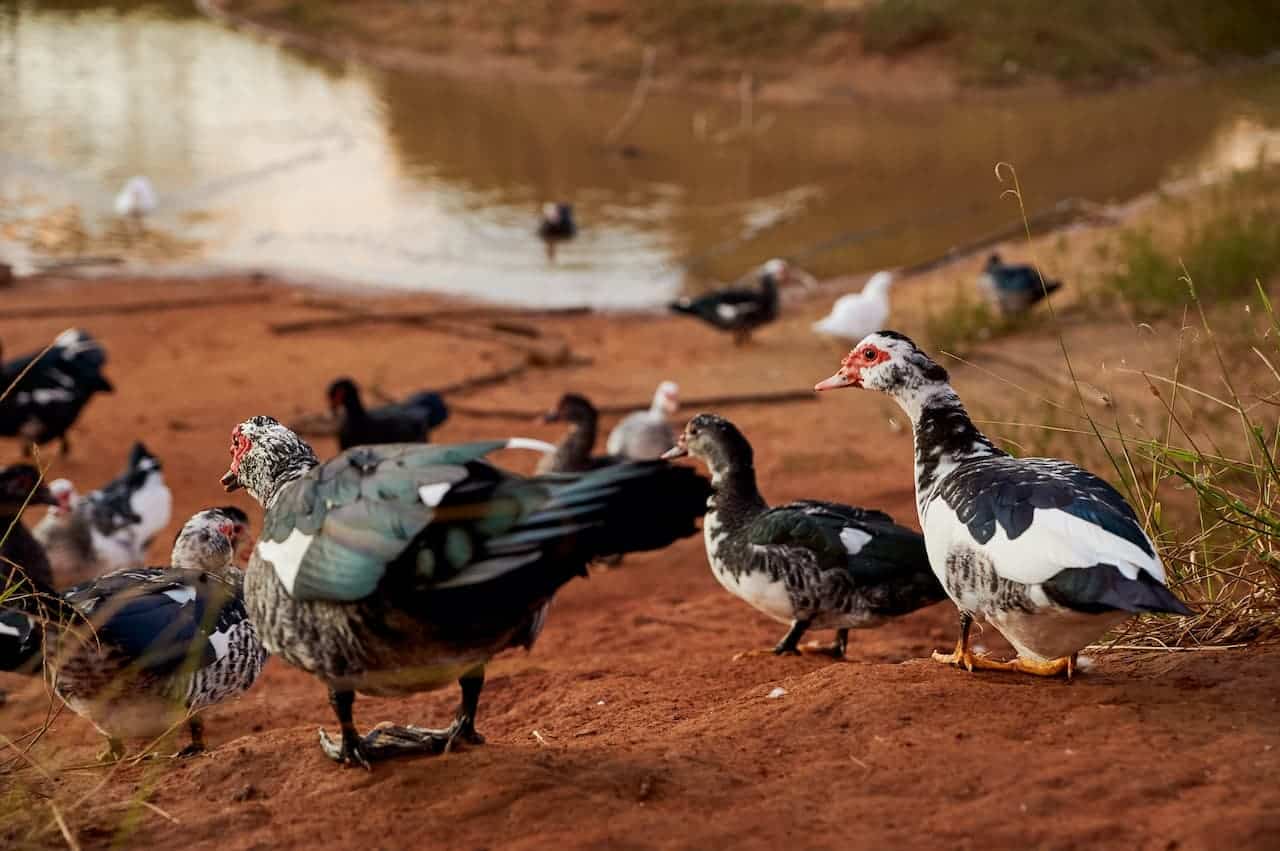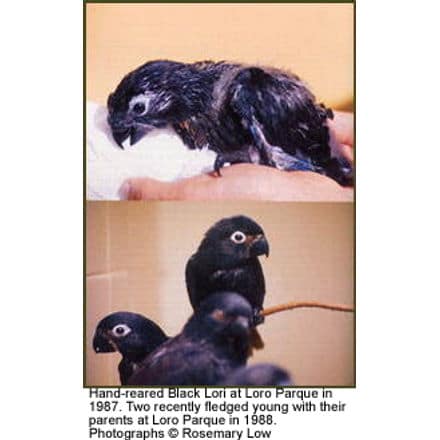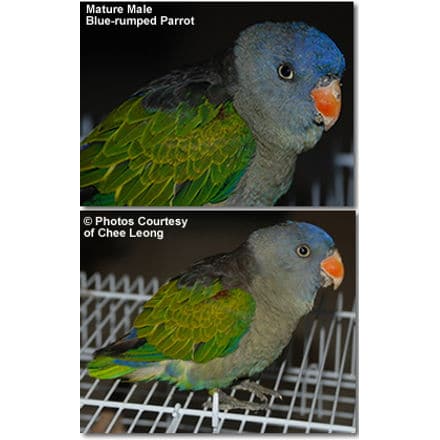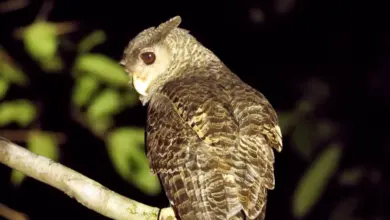Dideric Cuckoos or Didric Cuckoos
Cuckoos
The Dideric Cuckoos or Didric Cuckoo, Chrysococcyx caprius, is a member of the cuckoo order of birds, the Cuculiformes, which also includes the roadrunners, the anis, and the Hoatzin.
Breeding / Range:
It is a very common resident breeder in Africa south of the Sahara Desert. It is a short-distance seasonal migrant, moving with the rains. It is a solitary bird, found in open woodland, savanna and riverside bushes. Has occurred as far north as Cyprus (1982).
The Dideric Cuckoo is a brood parasite. It lays its single egg mostly in the nests of weaver, especially Village Weaver and the bishops in the genus Euplectes.
Description:
The Dideric Cuckoo is a smallish cuckoo at 18 to 20 cm. Adult males are green above with copper-sheened areas on the back and whitish underparts. They have a broken white eyestripe, a green moustauchial stripe, and green outer tail feathers with small white spots.
Females show more copper above, and have coppery barring on the flanks. The underparts are often washed brownish.
Juveniles are more copper-colored above and browner below than the females, and the flank markings are brown blotches.
Diet:
The Dideric Cuckoo takes a variety of insects and caterpillars.
Call / Vocalization:
It is a noisy species, with the persistent and loud deed-er-ick call from which it gets its name.
Copyright: Wikipedia. This article is licensed under the GNU Free Documentation License. It uses material from Wikipedia.org … Additional information and photos added by Avianweb.
Please Note: The articles or images on this page are the sole property of the authors or photographers. Please contact them directly with respect to any copyright or licensing questions. Thank you.




